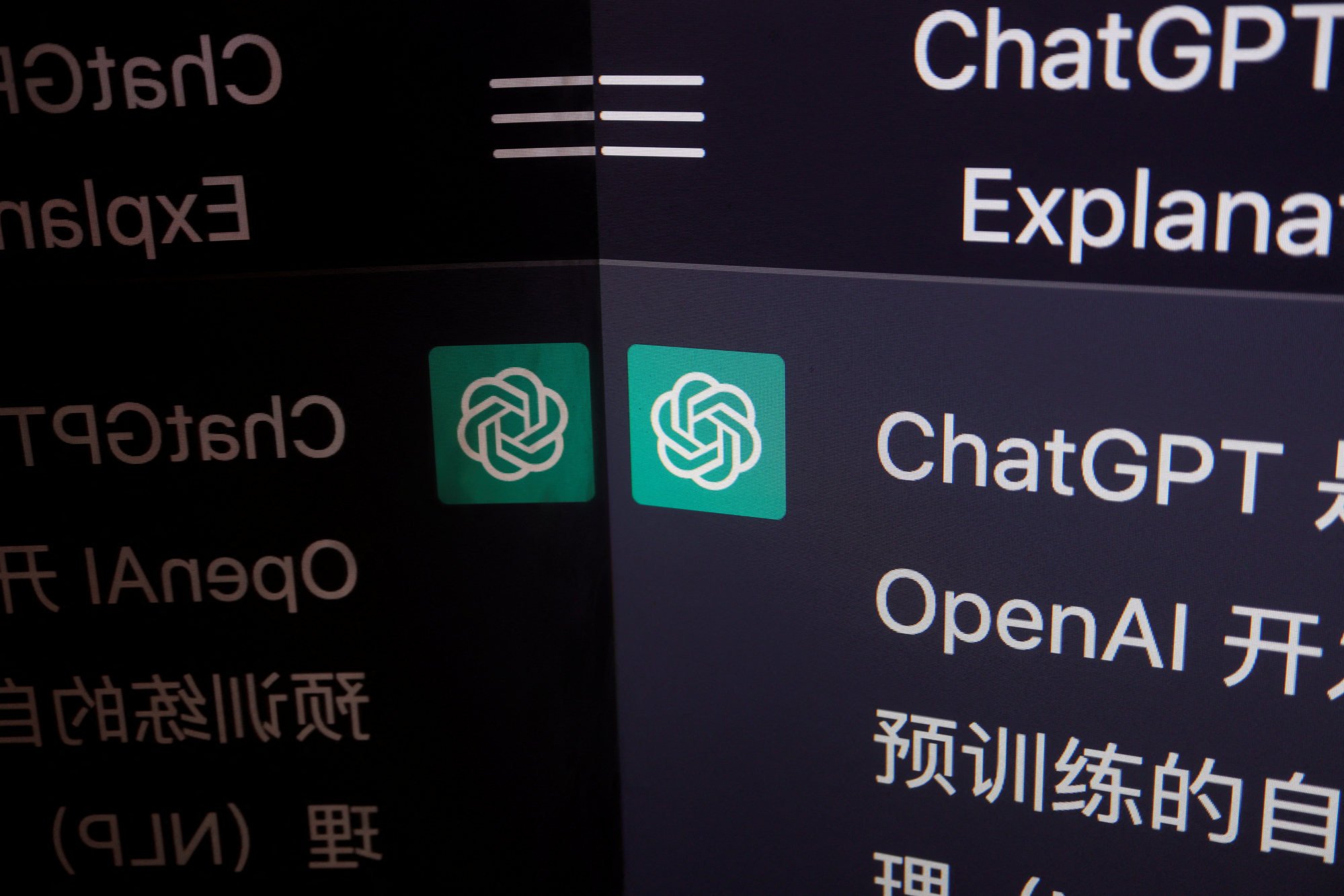
Move over Google? ChatGPT and its like will change how we search online
- Search engine optimisation or paid searches, ubiquitous on search engines today, will decline or have to evolve
- ChatGPT delivers results in paragraphs that read well, making it more user-friendly, but experts who can craft complex prompts will have an edge
ChatGPT is a large language model-based AI. The output generated by a searcher’s prompt is textual, appearing in natural language. It relies on a neural network – machine-learning algorithms that mimic the functioning of neurons in the human brain – that has been trained on 300 billion words using textual content scrapped from the internet.
It also relies on human validators who rank answers generated by the neural network, which are then fed into the AI to generate search results of greater precision. ChatGPT uses contextual prediction, attempting to offer answers based on the context of the prompts entered.
Internet searches used to be driven by tech giants like Google and Microsoft, with their proprietary algorithms that pull together the most relevant web links and display them in ranked order.
Google’s search algorithm has become a multibillion-dollar industry on the back of the rise of “search engine optimisation” and “paid search”. Using certain keywords and paying to be found online help boost a web page’s discoverability.
ChatGPT is a classic example of how new entrants disrupt, or even potentially replace, incumbents that are too slow to react. Even our language has shifted in recent months from “search(ing)” to “prompt(ing)”. How will AI using a large language model (LLM), such as ChatGPT, change the search industry?
First, at least initially searches will less vulnerable to control – au revoir to the conventional SEO method – because LLM-based AI will churn out or pull together textual content without relying on optimised or paid search keywords. Instead of giving the searcher a long list of web links to click and read, its smart neural networks create new combinations of content as fresh output.
We may of course see a shift toward AI-engine optimisation, where clients pay to be found in AI chatbot results. Let’s calls this “AI-SEO”. There would be more credibility in prompt results not based on paid outcomes, but that is another conversation altogether.
Second, ChatGPT makes search feel more natural. Instead of technicalities like whether quotation marks or Boolean operators (“and”, “or” and “not”) should be used to search, or how long a search string should be, a user can simply type a prompt in LLM-based AI machines in natural language.
The results are delivered in several paragraphs. This is more user-friendly, and possible because LLM-based AI is built on natural language processing rather than using content ranking, like Google’s current search algorithm.

Third, related to the above, search will become more creative because the content generated will very much depend on the prompts entered. Whether the prompter is a novice or expert user, and whether the prompter is a domain expert or lay person, matters.
A novice user of ChatGPT is likely to use simple prompts and accordingly produce very basic output. An expert or creative user would use more complex, iterative prompt strategies that produce more refined, non-obvious and sophisticated results.
Furthermore, being a domain expert will further shape the prompt process and output. An accountant, surgeon, lawyer, engineer or professor can craft deeper and contextually aware prompts that yield better answers than a lay person who asks questions on accounting, medical, legal, or engineering.

The rumination above seems to suggest a black-and-white state of search. But there is plenty of room for a hybrid search model – and business opportunities around it.
Examples include searchers who use a mix of tools. They might first use ChatGPT to come up with a summary of the search results on a single page, and then use Google to search for more precise web links on a particular topic.
Another hybrid model is a new form of search engine that combines AI and Google-style search results, where both the summary and web links appear side by side. This can be powered by SEO and AI-SEO simultaneously to serve webpage owners willing to pay to be found easily online.
Dr Yanto Chandra is an associate professor at City University of Hong Kong. The views expressed in the article are his own

